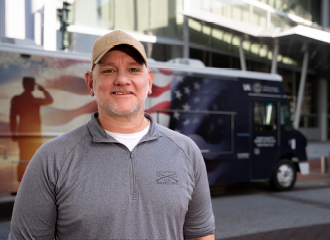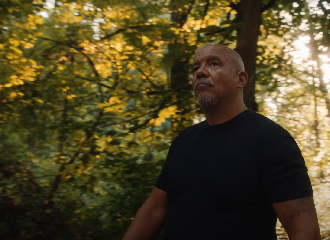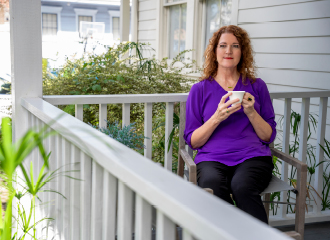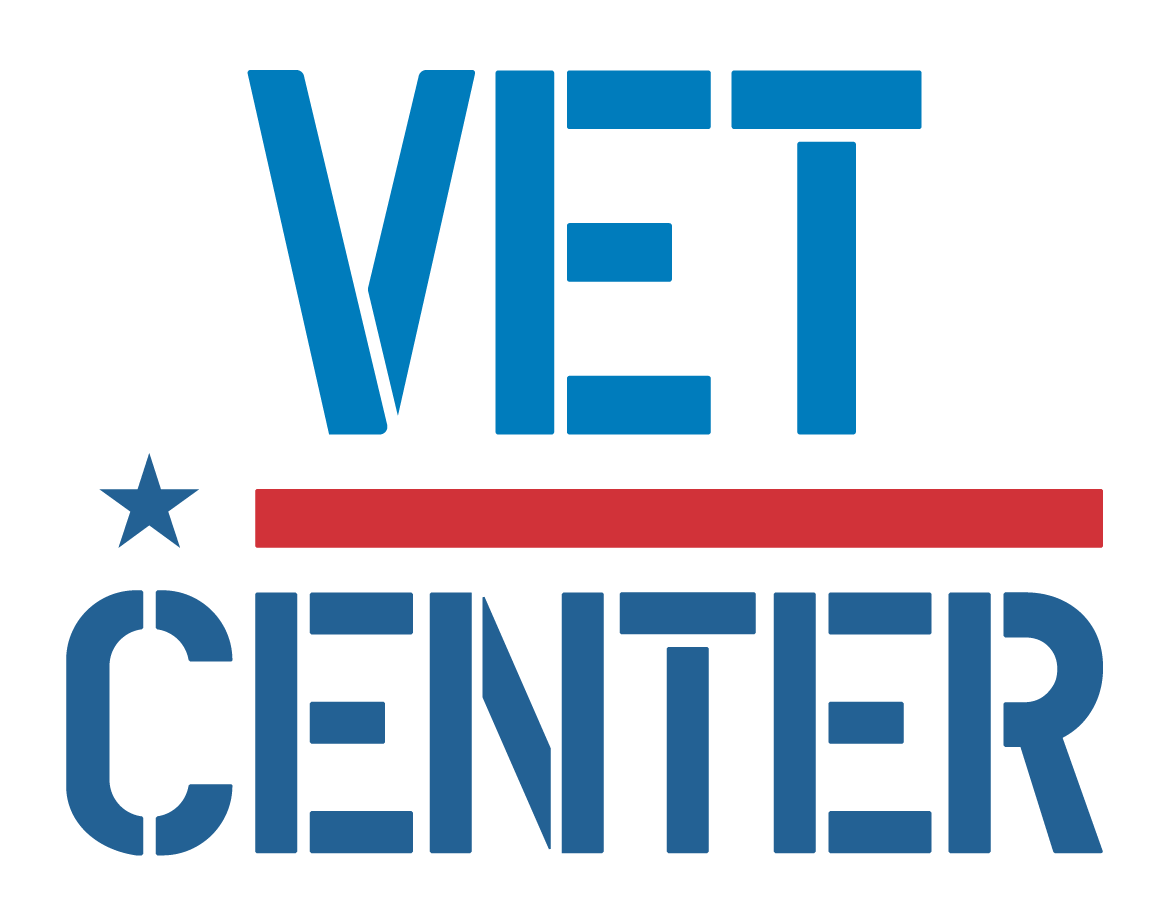Grieving is a difficult time, but for most people life begins to improve again soon, maybe even after just a few weeks. However, some people experience grief that lasts for a very long time or in ways that make it difficult to carry on with normal life. If you can’t sleep for a long period of time or feel agitated, unsettled, or hopeless for more than a couple of weeks, you may want to reach out for help with the grieving process. If you have a chronic medical condition that has worsened because of the emotional and physical stress of grief, you should contact your doctor right away.
Getting support from friends and family and making sure to eat right, get enough rest, and exercise are usually the best ways to take care of yourself for however long it takes to work through your grief.
“I didn’t leave the house for a week after my wife passed away. She’d been with me since I got back from combat and supported me through the worst of it. Talking to my pastor helped a lot, though. He reminded me that she wouldn’t have wanted me to come this far just to break down now.”
After the death of a family member or friend, here are some ways to take care of yourself physically and emotionally:
- Take care of your health and eat well
- Let others help you
- Exercise to release stress
- Talk with friends, especially those who were close to the person or who understand the situation
- Speak with a spiritual or religious adviser or chaplain
- Focus on how the person lived, not how he or she passed away
- Express how you feel
- Rest and get enough sleep
- Avoid quick fixes that you may think will help you cope, like drinking alcohol, taking drugs, or smoking cigarettes
You shouldn’t feel the need to set a timetable for getting over your loss—but if your grief is making it hard to function for more than a week or two, you may want to reach out for support. Talking to close friends and loved ones about your feelings and concerns or joining a grief support group may help you feel more connected with other people and less lonely.
Every day, Veterans from all military service branches and eras connect with proven resources and effective treatments. Here’s how to take the next step: the one that’s right for you.
New to VA? Apply for health care benefits.
- Getting started is simple. Create a free account online to help ease your enrollment process. To prepare to apply for VA health care in person, by telephone, or by mail, explore VA’s “How to Apply for VA Health Care” page.
- Not sure whether you are eligible for VA health care benefits? Read about eligibility for VA health care.
- Unsure of what kind of help you need? Call 877-222-VETS (877-222-8387) to find the right resources to meet your needs, Monday through Friday, 8:00 a.m. to 8:00 p.m. ET. If you have hearing loss, call TTY: 800-877-8339.
- Veterans’ family members and caregivers can see whether they qualify for VA medical benefits as a spouse, surviving spouse, dependent child, or caregiver. Explore family and caregiver health benefits.
Already enrolled in VA and interested in mental health support? Schedule a mental health appointment.
- If you’re already enrolled in and using VA health care, the fastest way to schedule VA appointments is to call the VA facility where you want to receive care.
- With VA appointments tools, you can schedule some VA health care appointments online, view details about upcoming appointments, and organize your health care calendar.
- If you’re not using VA medical services, contact your nearest VA medical center or Vet Center to talk about your needs.
What about other options at VA? VA offers a variety of tools and resources.
- The Veteran Training online self-help portal includes modules on managing anger, developing parenting and problem-solving skills, and more.
- Mental health apps for Veterans cover a variety of topics, ranging from PTSD to anger management to quitting smoking.
- VA TeleMental Health connects you with a VA mental health provider through a computer or mobile device in your home or at your nearest VA health facility. You can learn more about this option from your local VA medical center.
- Community-based Vet Centers provide confidential counseling, community engagement and referral services to eligible individuals and their families. You don’t need to be enrolled in VA healthcare or have a service connection to receive services. Find a Vet Center near you or call 877-927-8387, 24/7 to talk with a fellow Veteran about your experiences.
What about support outside of VA?
FindTreatment.gov and the National Resource Directory list programs outside of VA. Use these tools to find resources near you.
Learn about what you can do if you are experiencing specific concerns related to grief, such as trouble sleeping, social withdrawal, alcohol and drug problems, posttraumatic stress, and depression.











